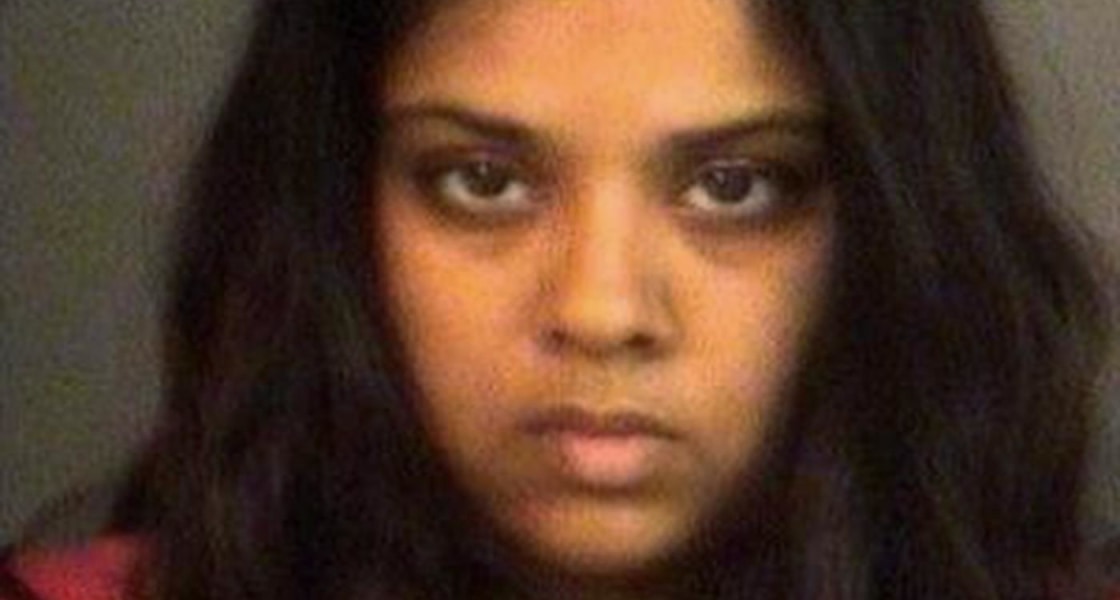
St. Joseph County Police via WNDU
Indiana Sentences Purvi Patel to 20 Years for Feticide
By Jennifer ChowdhuryOn Monday, the state of Indiana sentenced 33-year-old Purvi Patel to 20 years in prison on charges of feticide--an act that causes the death of a fetus--and and neglect of a dependent.
She received a 30-year-sentence on the felony neglect charge, 10 of which were suspended.
A six-year sentence for feticide will be served concurrently.
Prosecutors also claimed that Patel ordered abortion-inducing drugs online and tried to terminate her pregnancy, but a toxicology report failed to find evidence of any drugs in her system.
"Instead of receiving the medical support and counseling she so desperately needed, the state charged her with murder and attempted feticide."
In 2011, Bei Bei Shuai, a Chinese American-woman, was held in prison for a year before feticide charges against her were dropped as part of a plea deal.
Shuai was reportedly suffering from depression and tried to commit suicide while pregnant.
She survived, but the fetus did not.
"Instead of receiving the medical support and counseling [Shuai] so desperately needed, the state charged her with murder and attempted feticide," said Iyer.
Iyer says that the fact that the only two women charged with infanticide are Asian American is important to note because women of color often lack access to basic health care, counseling, and other reproductive health resources.
"Immigrant women of color, such as Bei Bei and Purvi, remain vulnerable to the exploitation of laws like these in a myriad of ways, as we have seen in how they have been treated by the state of Indiana," said Iyer.
"The cultural issues that the prosecution decided to drag into this case reflect stereotypes about Asian-American women and reproductive health which may not necessarily be true in this case."
The Journal of Health Politics, Policy and Law's 2013 study on arrests and forced interventions on pregnant women in the U.S. found that approximately 71 percent were low-income women and 59 percent were women of color.


